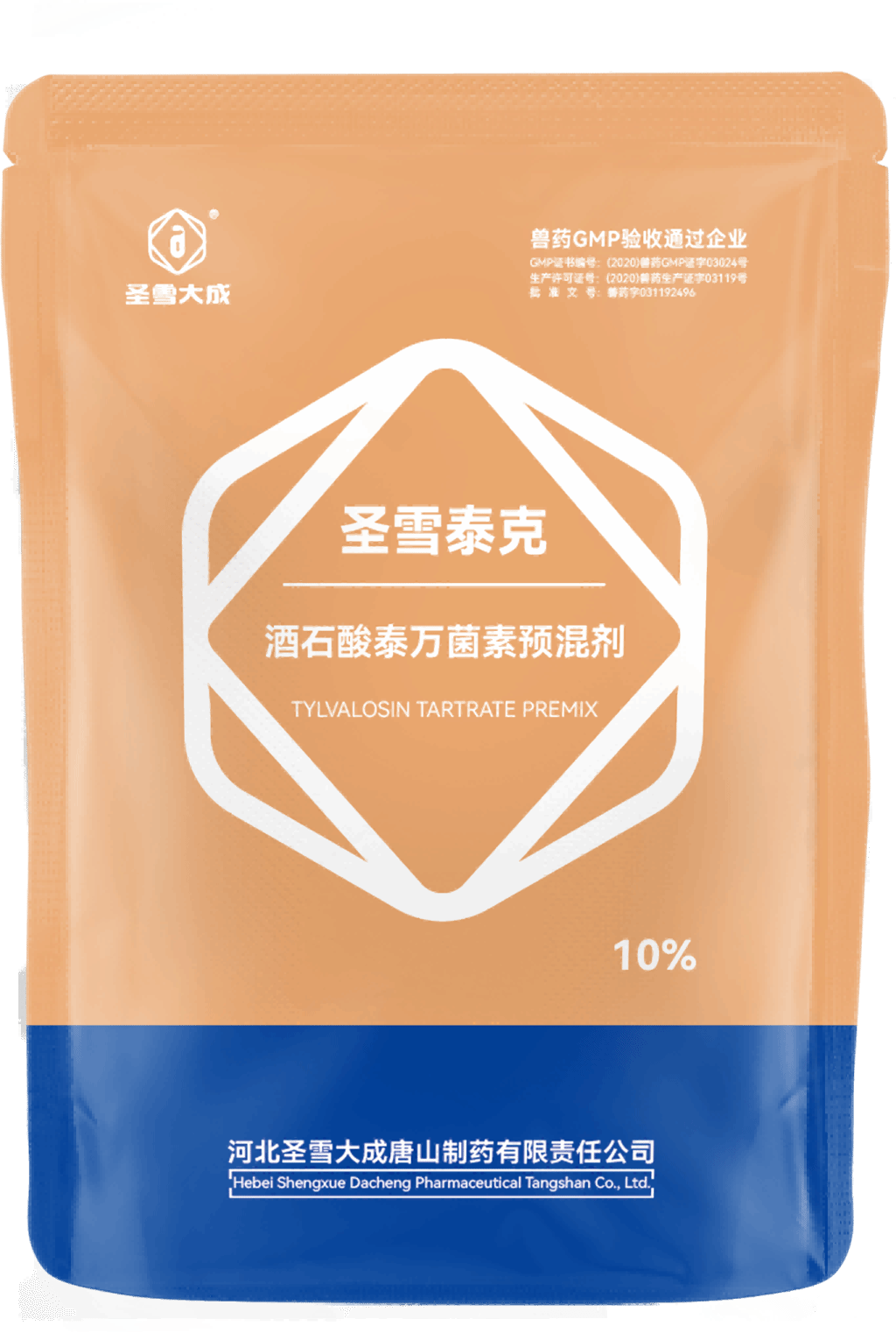Tel:+8618231198596

News
 CONTACT
CONTACT
 CONTACT
CONTACT
- Linkman:Linda Yao
- Tel: +8618231198596
- Email:linda.yao@dcpharma.cn
- Linkman:CHARLES.WANG
- Department:Overseas
- Tel: 0086 0311-85537378 0086 0311-85539701
News
Tylvalosin tartrate premix supports the ethical treatment of animals in farming practices.
TIME:2024-08-27
Understanding Tylvalosin Tartrate
Tylvalosin tartrate is a broad-spectrum antibiotic that is particularly effective against gram-positive bacteria and some gram-negative bacteria. It is commonly used in the treatment and prevention of respiratory and enteric diseases in livestock, including swine, cattle, and poultry.
Ethical Considerations in Animal Farming
The ethical treatment of animals in farming involves several key principles:
Prevention of Suffering: Minimizing pain, distress, and discomfort.
Promotion of Health: Ensuring that animals are healthy and well-cared for.
Responsible Antibiotic Use: Using antibiotics judiciously to avoid resistance and minimize residues.
How Tylvalosin Tartrate Premix Supports Ethical Treatment
Preventing Disease
Prophylactic Use: Tylvalosin tartrate can be used prophylactically to prevent the onset of bacterial infections, reducing the need for therapeutic treatments that might cause distress to the animals.
Early Intervention: Early detection and intervention with tylvalosin tartrate can prevent the spread of diseases, reducing the suffering of affected animals.
Improving Health
Optimal Dosing: Veterinarians can recommend the optimal dosage of tylvalosin tartrate premix based on the specific needs of the animals, ensuring effective treatment while minimizing side effects.
Nutritional Support: Premix formulations can be tailored to include additional nutrients that support the immune system and overall health of the animals.
Responsible Antibiotic Stewardship
Guided by Expertise: Veterinarians can guide the use of tylvalosin tartrate premix, ensuring that it is used responsibly and in compliance with regional regulations.
Minimizing Resistance: By using tylvalosin tartrate judiciously, farmers can help minimize the development of antibiotic-resistant bacteria.
Case Studies
Swine Production
Prophylactic Use: Tylvalosin tartrate is used prophylactically to prevent respiratory diseases in swine, reducing the need for emergency treatments and minimizing the risk of disease outbreaks.
Health Monitoring: Regular health monitoring, combined with tylvalosin tartrate premix, ensures early detection and treatment of diseases, supporting the well-being of the animals.
Poultry Production
Nutritional Support: Tylvalosin tartrate premix formulations are tailored to include additional nutrients that support the immune system of poultry, enhancing their overall health.
Disease Management: Responsible use of tylvalosin tartrate helps manage common diseases in poultry, such as infectious bronchitis, reducing the need for repeated antibiotic treatments.
Conclusion
Tylvalosin tartrate premix formulations can be an integral part of ethical animal farming practices. By preventing and treating diseases, improving the health of animals, and promoting responsible antibiotic stewardship, tylvalosin tartrate supports the ethical treatment of animals in farming. Veterinarians play a crucial role in guiding the use of tylvalosin tartrate, ensuring that it is used effectively and ethically. As the agricultural sector continues to prioritize animal welfare, the role of tylvalosin tartrate in supporting these efforts becomes increasingly important.
- Tel:+8618231198596
- Whatsapp:18231198596
- Chat With Skype







